Bengaluru Makes It To The List Of The World’s Top Tech Hubs
Aadhya Khatri - Jun 10, 2019
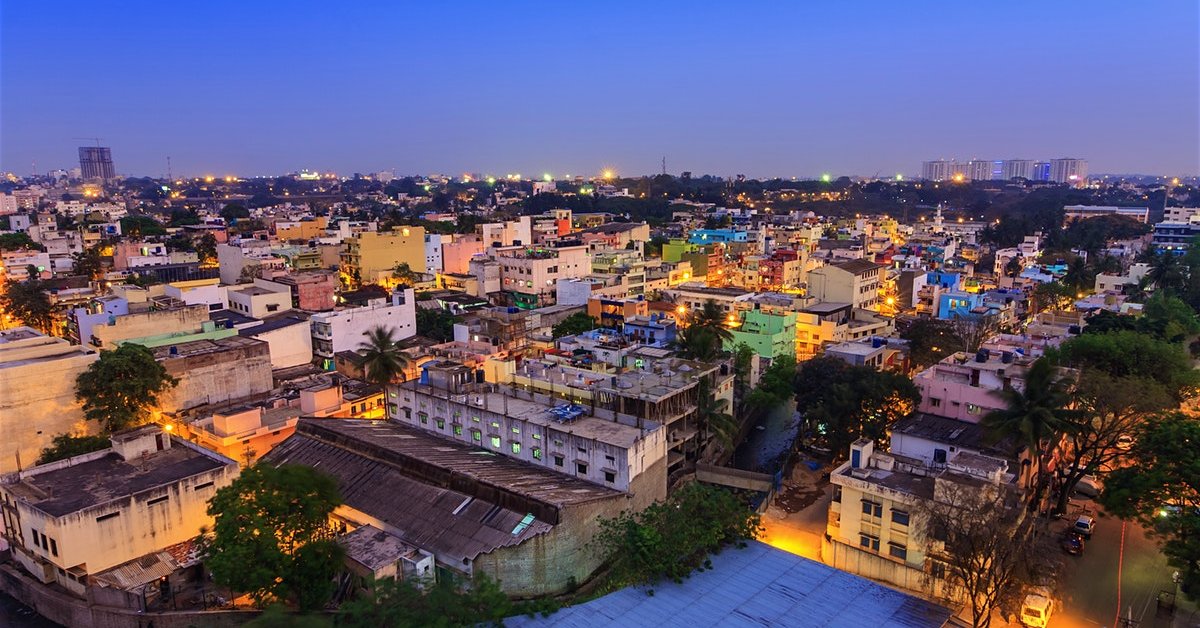
Silicon Valley might be the most well-known tech hub of the US, but other cities like Tel Aviv and Bengaluru are hot on their heels too
- This Bengaluru Boy Created New Public Toilets That Can Automatically Adjust To Suit Everyone
- AI-Powered Dummies To Help Fight Crimes In Bengaluru
- After Crashing Into Police Kiosk, Lamborghini Driver Flees And Returns For A Selfie
Silicon Valley might be the most well-known tech hub in the US, but other cities in the world are hot on their heels for this position. New York and London have seen rapid growth in the tech industry, and Sidney is currently under renovation to be the Silicon Valley of Australia. For now, here are the top cities for technology from countries all over the world.
Tel Aviv, Israel
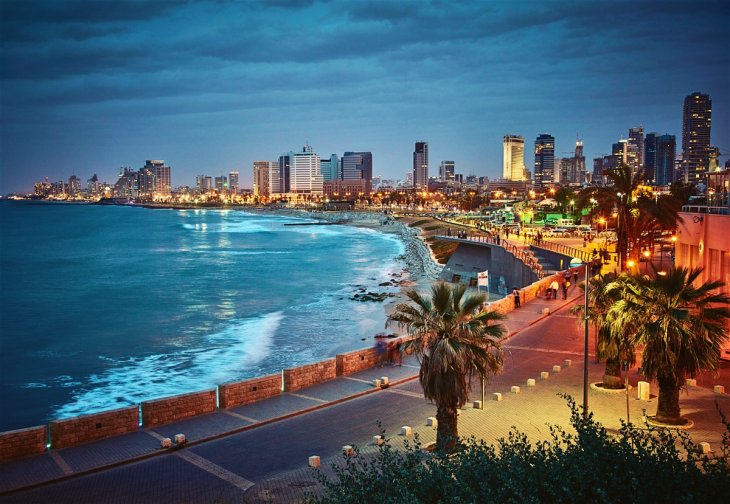
Israel is known as the startup nation, so naturally, they must have their own city worthy of being on this list. That tech hub is no other than Tel Aviv. Here is what Daniel Knobil of Home Search Israel said about the flourishing tech scene of the country:
The city’s startups attract more venture capital per person, and it also has more newly-established tech companies than any other nation in the world. According to Evi Angelakis, the Founder of Golden Key Realty Group, Israel ranked second when it comes to the most flourishing tech scenes in the world.
So the heart of this vibrant technology advancement is Tel Aviv. Many international enterprises like Oracle, Google, or Facebook have their own research centers in or near the city, along with a lot of very successful local businesses. Amazon has just set up its office in Tel Aviv last October, and Google recently bought Waze, a GPS navigation app, developed by a city’s local company.
Berlin, Germany
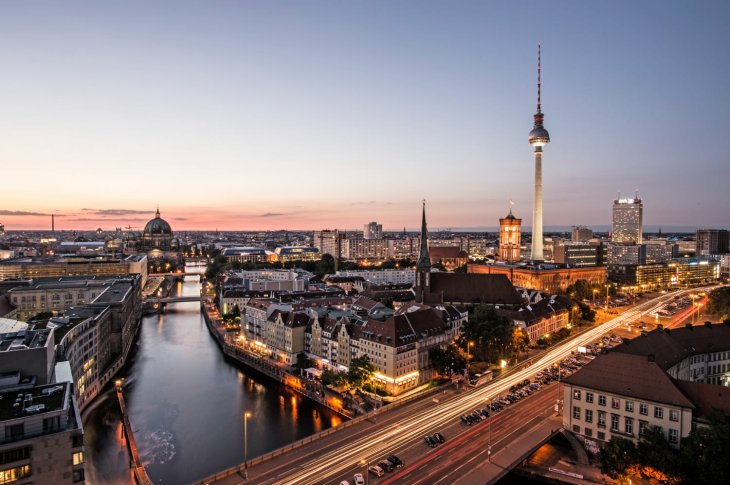
According to James Cook, Berlin was home to privacy experts, hackers, video companies, and scientists, who were making waves in the technology landscape of the country.
Facebook and Apple have offices here, and the city does have its own successful ventures like SoundCloud, a music streaming service, and Wunderlist, a to-do list app. In fact, in 2017, Google set up its Campus Berlin tech hub here due to the fast growing rate of tech development in the city. Germany’s capital is on its way to becoming the leading ecosystem in Europe.
In the time between 2015 and 2017, Berlin experienced a 9% surge in the number of startups, a rate higher than that of any other city in Europe. 70% of the investment for tech companies concentrated in Berlin in 2017.
Tech blossom might lead to an increase in real estate prices, but in this city, there is plenty of budget-friendly properties waiting to be found.
Shenzhen, China
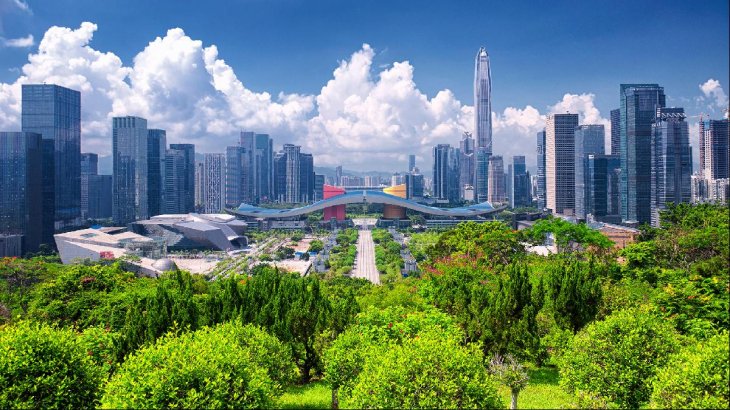
Shenzhen is dubbed the Silicon Valley of China by CNN’s Matt Rivers.
The city is home to over 14,000 tech companies with 3,000 of them were set up last year. The tech sector accounted for around 40% of the city GDP. Five tech giants are leading the development of the Shenzhen, two of them are quite well-known outside of China too, which are Tencent Holdings and Huawei Technologies.
Shenzhen appears in the Chinese government’s Greater Bay Area initiative, a plan aiming at beating the US’ Silicon Valley, as revealed by BBC.
Here is what Carrie Law, Juwai.com’s CEO, said about how technology had brought back wealth for the city’s citizens:
Lisbon, Portugal
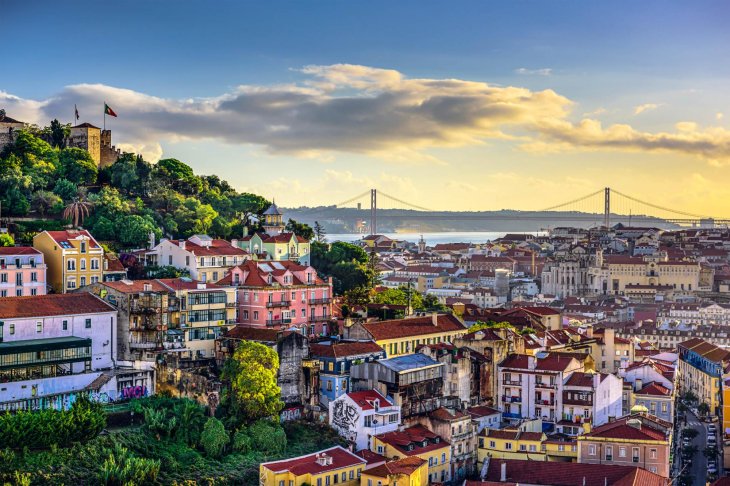
Lisbon’s path to becoming a city for startups started about five to ten years ago. The city is a strong candidate to rival Berlin to be Europe’s tech hub.
Two years ago, the StartUP Voucher initiative emerged and helped create a national network of startups and tech hubs. A $225 million venture capital fund was also set up to attract more foreign investment to the city.
From 2014 to 2016, Lisbon saw the establishment of 700 companies in the tech industry. Google has just announced that it would set up an innovation center in the city, and a large startup campus will be built in the place of an old army food factory.
The technology wave has brought new life to the city, now the rundown buildings are being refurbished to be coworking space and places to live,
Bengaluru, India

According to Knight Frank, an estate agency, Bengaluru was Indian tech hub equivalent of Silicon Valley, due to the city’s various tech sectors like food tech, robotics, fintech, and artificial intelligence. Over 400 multinational tech firms have their office here, like Samsung and Microsoft. Some local companies have gained quite a reputation worldwide, such as Wipro and Infosys.
25 years ago, the IT industry of India started developing here, and in 2017, the World Economic Forum named Bengaluru the most dynamic city in the world. Now, both the spirit of the tech scene of the city is booming fast.
In the past, it started as a cheap labor hub for foreign companies looking to reduce costs. Now, Bengaluru has evolved enough to grow out of that reputation. In the next five years, it is projected that the city’s GDP would increase by around 60%.
Stockholm, Sweden
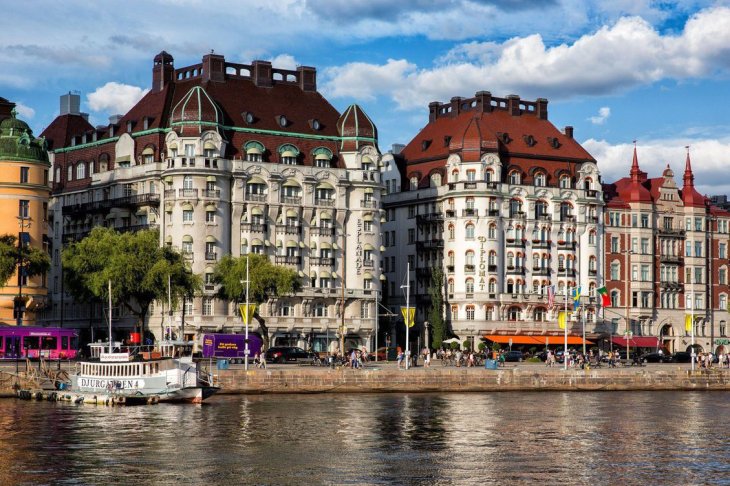
Dubbed the tech superstar of the north, Stockholm’s workforce comprised of 18% of coders. This has made the city the second Silicon Valley of Scandinavia. Outside of Silicon Valley, the city has the second largest number of startups valued more than one billion dollars per capita, according to Forbes.
Stockholm’s tech scene started in 2009, and in just five years, the investment to the city has grown three-fold, to around $377 million. There are more than 22,000 companies in this tech hub, and among them, some of the most well-known are Spotify, the music streaming service, and King, the gaming firm.
This growth has been fueled by the investment in high-speed Internet of the Sweden government as well as the development of the daycare system, which makes it easier for adults to invest more time in work.
Stockholm has had its own personal identity, just like San Francisco with its Silicon Valley.
Featured Stories

Features - Jan 29, 2026
Permanently Deleting Your Instagram Account: A Complete Step-by-Step Tutorial

Features - Jul 01, 2025
What Are The Fastest Passenger Vehicles Ever Created?

Features - Jun 25, 2025
Japan Hydrogen Breakthrough: Scientists Crack the Clean Energy Code with...

ICT News - Jun 25, 2025
AI Intimidation Tactics: CEOs Turn Flawed Technology Into Employee Fear Machine

Review - Jun 25, 2025
Windows 11 Problems: Is Microsoft's "Best" OS Actually Getting Worse?

Features - Jun 22, 2025
Telegram Founder Pavel Durov Plans to Split $14 Billion Fortune Among 106 Children

ICT News - Jun 22, 2025
Neuralink Telepathy Chip Enables Quadriplegic Rob Greiner to Control Games with...

Features - Jun 21, 2025
This Over $100 Bottle Has Nothing But Fresh Air Inside

Features - Jun 18, 2025
Best Mobile VPN Apps for Gaming 2025: Complete Guide

Features - Jun 18, 2025
A Math Formula Tells Us How Long Everything Will Live
Read more

ICT News- Feb 19, 2026
Escalating Costs for NVIDIA RTX 50 Series GPUs: RTX 5090 Tops $5,000, RTX 5060 Ti Closes in on RTX 5070 Pricing
As the RTX 50 series continues to push boundaries in gaming and AI, these price trends raise questions about accessibility for average gamers.

Mobile- Feb 17, 2026
Anticipating the Samsung Galaxy S26 and S26+: Key Rumors and Specs
The Samsung Galaxy S26 series is on the horizon, sparking excitement among tech enthusiasts.

ICT News- Feb 18, 2026
Google's Project Toscana: Elevating Pixel Face Unlock to Rival Apple's Face ID
As the smartphone landscape evolves, Google's push toward superior face unlock technology underscores its ambition to close the gap with Apple in user security and convenience.



Comments
Sort by Newest | Popular